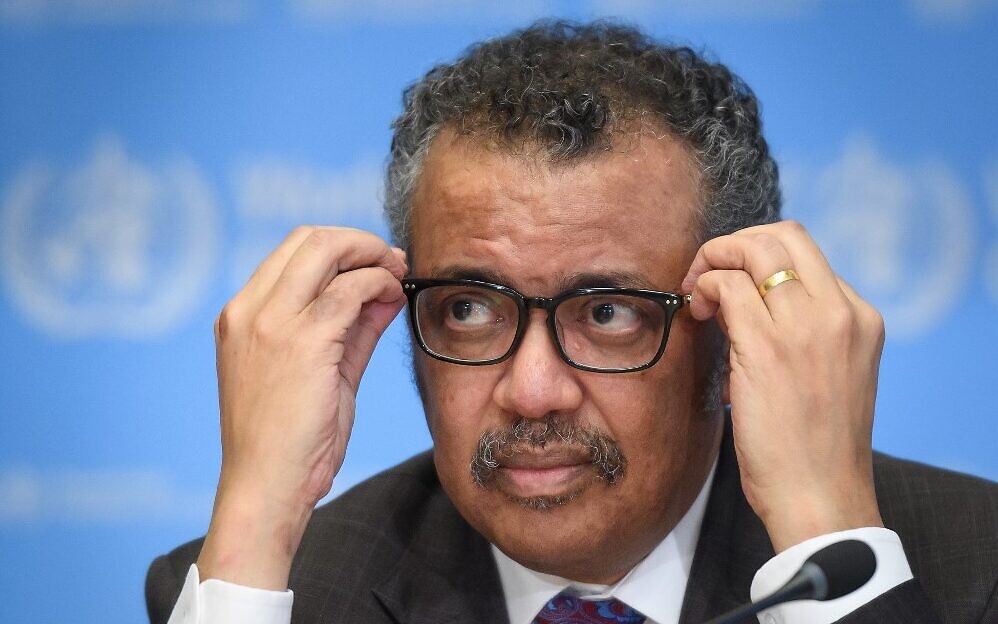BY DAYO ADESULU
World Health Organisation (WHO) has urged African leaders not to sacrifice the fight against malaria in the continent on the altar of coronavirus pandemic.
It said the COVID-19 pandemic is testing the resilience of robust health systems around the world.
Recognizing the heavy toll that malaria exacts on vulnerable populations in sub-Saharan Africa, as well as the region’s fragile health infrastructure, WHO underlines the critical importance of sustaining efforts to prevent, detect and treat malaria.
“As COVID-19 continues its rapid spread, WHO would like to send a clear message to malaria-affected countries in Africa,” said Dr Pedro Alonso, Director of the WHO Global Malaria Programme.
“Do not scale back your planned malaria prevention, diagnostic and treatment activities. If someone living in a place with malaria develops a fever, he or she should seek diagnosis and care as soon as possible.”
Ensuring access to core malaria prevention measures is an important strategy for reducing the strain on health systems; these include vector control measures, such as insecticide-treated nets and indoor residual spraying, as well as chemoprevention for pregnant women and young children (intermittent preventive treatment in pregnancy, intermittent preventive treatment in infants and seasonal malaria chemoprevention). Additional special measures could ease the burden on health systems in the context of COVID-19, such as presumptive malaria treatment and mass drug administration.
READ ALSO: United States Law Firm Slams $20 Trillion Legal Action Against China Over COVID-19
Any interventions must consider the importance of both lowering malaria-related mortality and ensuring the safety of communities and health workers. WHO will provide guidance for countries to safely maintain essential health services in the context of the COVID-19 response.
About COVID-19
COVID-19 is an infectious disease caused by the most recently discovered coronavirus. This new virus and disease were unknown before the outbreak began in Wuhan, China, in December 2019. Essential information on the COVID-19 pandemic can be found in a dedicated WHO site.
About malaria
Malaria is a preventable and treatable disease caused by parasites that are transmitted to people through the bites of infected female Anopheles mosquitoes. In 2018, there were an estimated 228 million cases of malaria worldwide and 405 000 malaria-related deaths. For more on malaria, visit: www.who.int/malaria
